Around 8:30 am on Tuesday, 15 October, Osinachi, a driver in one of the transport companies that operates the east-west road had gotten full passenger load of his 14-seater commuter hiace bus enroute to Enugu from Lagos. However, the joy of loading early and being sure of a trip for the day was short-lived when he remembered that he had to look for petrol as many filling stations were not selling.
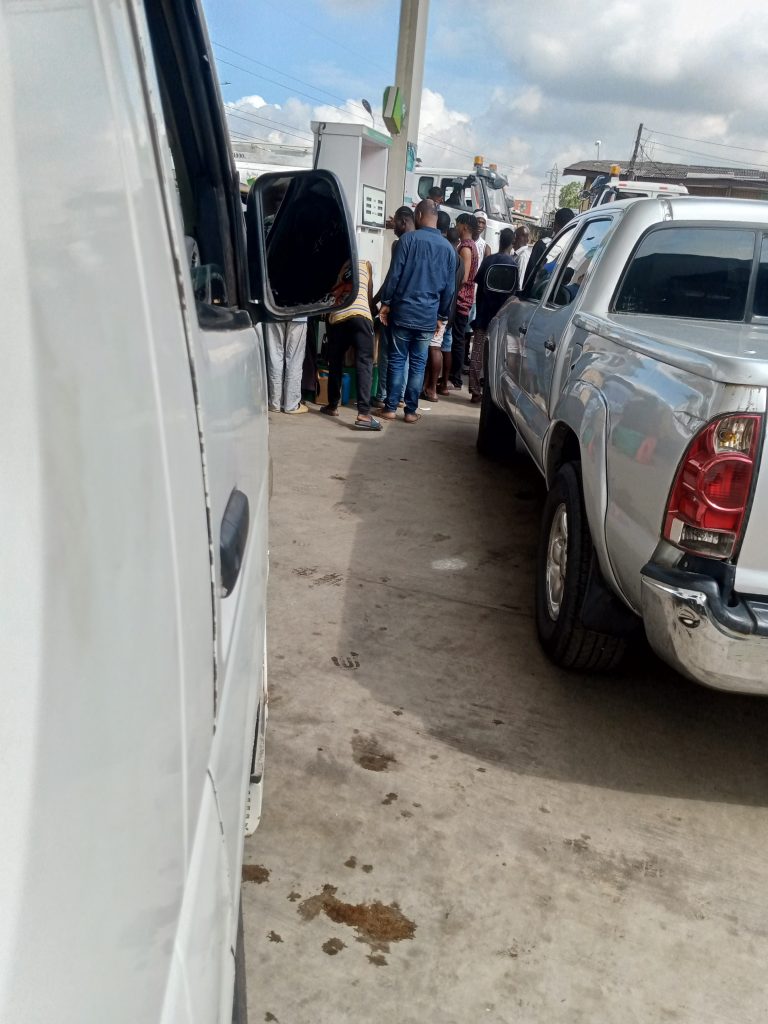
After leaving Ojuelegba in Surulere where the bus loaded, it managed to see one filling station, AP, selling at Onipanu bust stop but there was a long queue with many motorists scrambling to buy petrol. The driver moved in despite grumbling by some passengers who were concerned about the long distance they were travelling. “If we leave here, I don’t know where else we can get fuel along the road and we may get stranded on the road,” the driver responded to passengers who were unwilling to accept the reason for his decision. On entering, the driver tried to be smart by following what he thought was a shorter line but ended up being in the wrong place as attendants refused to sell to him. After much struggle and series of turns he managed to enter the correct line and spent two hours before getting petrol at N1,050 per litre.
As the bus left the gas station and entered the Lagos-Ibadan Expressway, passengers began to realise why the driver insisted on spending hours at the station waiting for turn as only a few outlets belonging to major marketers were opened with long queues as well.
The scarcity and high price of petrol came with the latest hike in price of petrol. Two weeks ago, the Nigeria National Petroleum Company Limited (NNPCL) retail stations increased pump price of petrol with Lagos now N998 per litre, up from N855, and Abuja is now N1,030, up from N897. Before the latest price hike, the NNPCL was the sole off-taker of refined petrol from the 650,000 barrels per day Dangote Refinery. After the national oil company ceased to be the exclusive off-taker of petrol and as a middleman between the Aliko Dangote-owned refinery and petroleum marketing companies, the Minister of Finance and Coordinating Minister of the economy, Mr Wale Edun, announced that the federal government has begun full deregulation of petrol price and total removal of subsidy on the commodity.
READ ALSO: Cost Of Living Worsens As New Petrol Price Hits Hard On Nigerians
With the full deregulation, the prices of petroleum products will now be determined by market forces often influenced by prevailing international market price.
Mr Edun had assured that the new market structure for PMS will enhance efficiency of supply and stabilise market conditions in a way that all Nigerians will benefit.
READ ALSO: PMS Market Deregulation Will Boost Supply – Edun
However, weeks after the assurance, many Nigerians are still struggling to get the product, even at a higher cost.
The deregulation has brought to an end the era of uniform prices, as the prices now differ across petrol stations and locations across the country. While some petrol stations were selling at N1,100 in Benin Edo State, Matrix in Agbor Delta State sold N1,150 per litre. Down to the east, the price is relatively higher. In Enugu capital city, a litre of petrol is now between N1,200 and N1,250. In parts of Nsukka, a litre is sold at N1,300 while black marketers now sell N1,500 and above. In rural areas where petrol stations are scarce, a litre goes for as high as N1,700.
The hike in price of petrol has far reaching impact. While transporters lament the significant increase in cost, commuters groan over the soaring transport fares. For the trip from Lagos to Enugu, the driver of the mass transit bus spent N148,000 buying PMS, more than 30 per cent jump from about N103,000 they used to spend on such trip, according to the driver. “I have spent N138,000 only on fuel and may spend more as we move because we will burn fuel in traffic,” the driver told this correspondent after refilling his vehicle at Benin.
This is coupled with long hours travellers spend on traffic jam, especially on the Benin-Agbor Expressway due to bad road.
Aside from the petrol costs, motorists are also subjected to settle security officers at various checkpoints. “If you don’t settle them, especially when you carry load, they will keep you unnecessarily at checkpoints, demanding to search everything including passengers even when they find will noting bad,” the driver said.
“Travellers are the ones suffering the increase in costs of fuel because transporters will definitely add all costs to what they charge passengers and their luggage,” said Eric, one of the passengers in the vehicle.
A formerly a trip from Lagos to Enugu cost between N20,000 and N25,000 some months ago has jumped to between N30,000 and N35,000.
There are indications that intercity transport fare will further increase with the new pump price hike and the approaching festive season.
Victor Ezeja is a passionate journalist with seven years of experience writing on economy, politics and energy. He holds a Master's degree in Mass Communication.

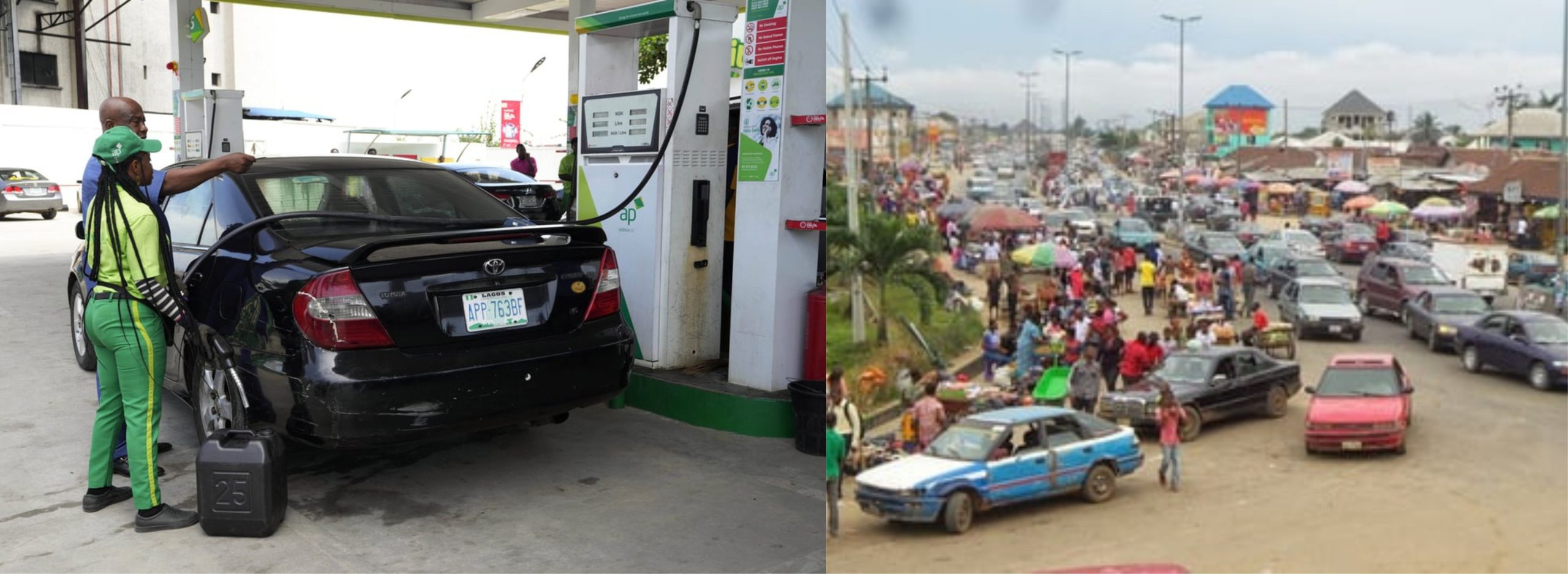


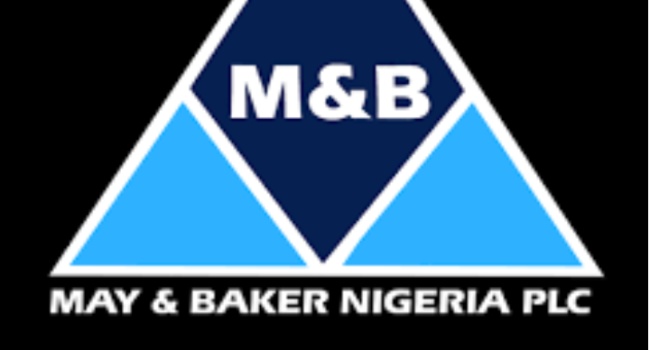
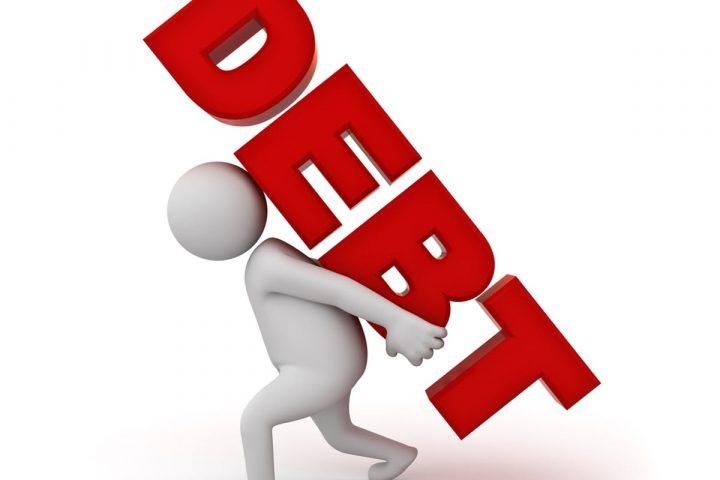











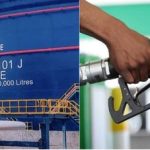
Follow Us